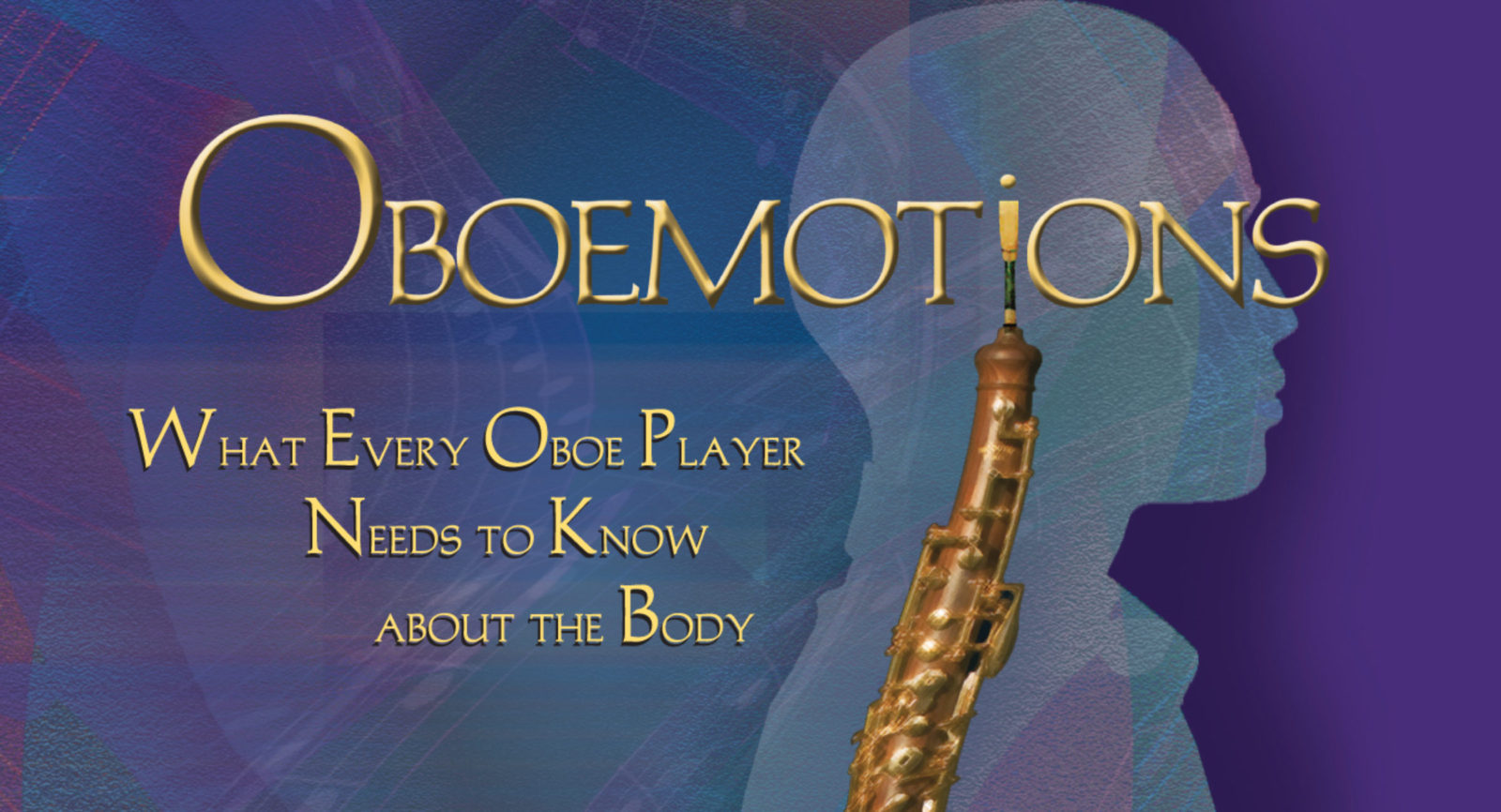We’re hearing a lot about healthcare in the news today. I hope all this talk about health and caring will encourage musicians all over the world to take time to think about how they care for their own health. We tend to take our health for granted, and when we do experience pain or injury, musicians often ignore these signals, rather than take action.
“The cliche “no pain, no gain” is usually well-intended advice, meant to encourage and inspire someone. Perhaps it’s linked to the long-standing democratic ideal that anyone who works hard at something–puts their “blood, sweat and tears” into it–can achieve the American dream. While this cliche may resonate in certain situations, musicians should steer clear of it. “No pain, no gain” may be meaningful for weightlifters, but pumped-up muscles are not needed to play a musical instrument. Tremendous muscular coordination and flexibility are needed for making music. Flexibility and coordination are severely compromised when pain is present.
Some common places that double reed players feel pain are lips, fingers, wrists, jaw, throat, neck, back and abdomen. Many double reed players learn to live with these pains. Some think this is the price one must pay for being a musician. Some feel if you “work through” the pain, then you become a better player (better endurance, faster fingers, etc.). Other oboists and bassoonists just give up playing altogether.
Feeling pain should be understood for what it is–a signal from your body that something is wrong. In some cases, pain is the result of a medical problem that must be treated by a medical professional. Musicians who are in pain should always seek the opinion of a qualified medical specialist. However, in many cases pain results from habitual misuse of the body. Once you discover the cause of the pain, you can replace your old pain-provoking habit with a new habit based on freedom and ease of movement. If you work with your body, not against it, you can play without pain.
And you should play without pain. Not only is it more enjoyable but it can also be the means to greater physical freedom, improved technical facility and more musical expressiveness. So if you know pain, you should retrain.”
I wrote those words in 2005, and I have been working ever since to help musicians, and especially double reed players, improve their self-awareness and understanding of how the body works in order to make better music. This new OBOEMOTIONS website, which includes several new teaching videos busting long-held myths about oboe playing, is my continued attempt to advocate for the improved health and care of musicians. I hope you will browse its content and find much useful information that will help you enjoy many years of playing music with ease! I welcome your feedback.—STEPHEN CAPLAN
